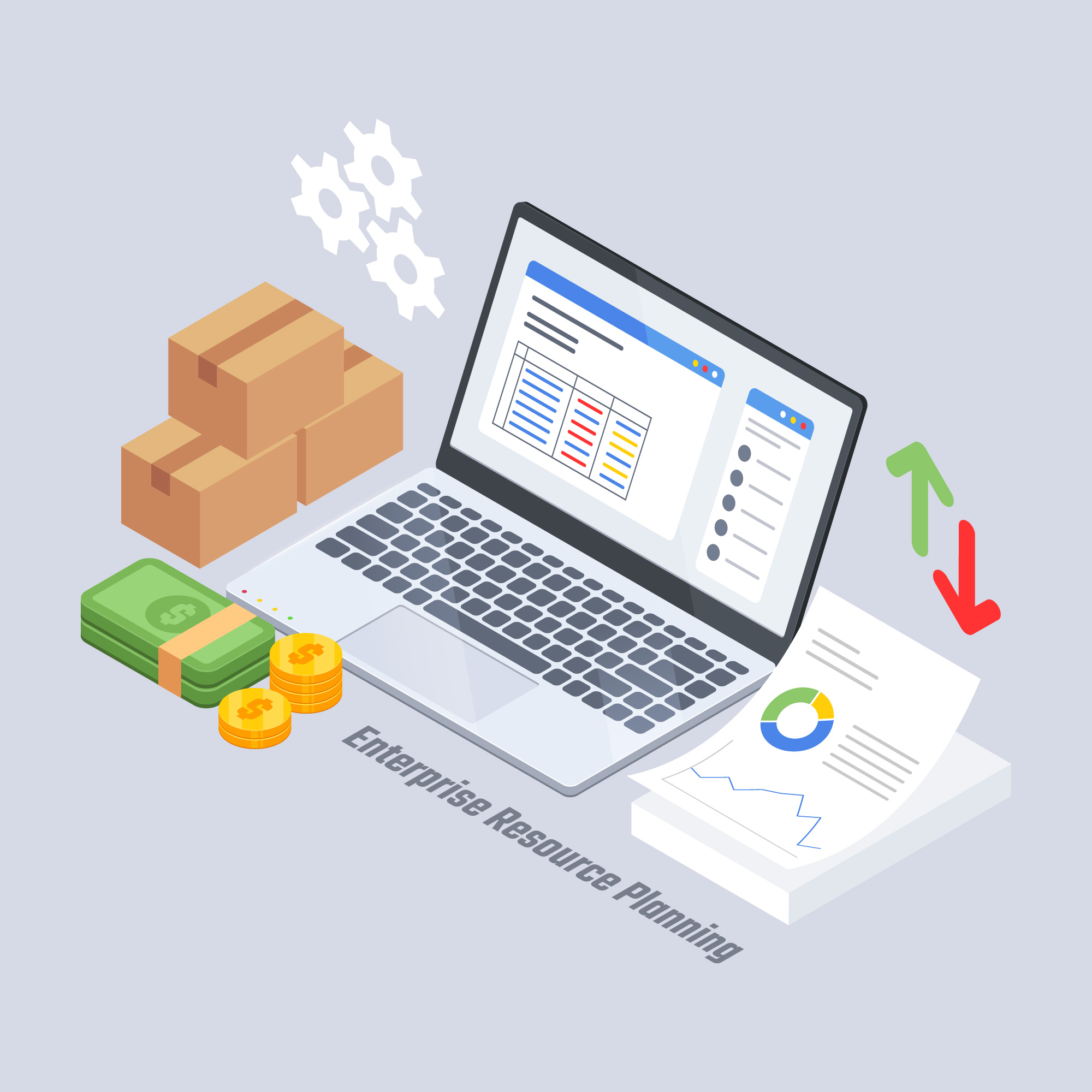The Importance of ERP Systems in Modern Businesses

In today’s fast-paced business environment, Enterprise Resource Planning (ERP) systems have become an essential tool for organizations seeking efficiency, scalability, and competitiveness. ERP software integrates multiple business processes into a single unified system, allowing companies to streamline operations, reduce costs, and make data-driven decisions.
What is ERP?
ERP is a type of software that centralizes core business functions such as:
-
Finance and Accounting
-
Human Resources
-
Supply Chain Management
-
Inventory Control
-
Customer Relationship Management (CRM)
-
Manufacturing and Production
By connecting these departments, ERP ensures that data flows seamlessly across the organization, reducing redundancies and improving accuracy.
Key Benefits of Implementing ERP
1. Improved Operational Efficiency
ERP systems automate repetitive tasks and standardize business processes. This reduces manual errors and frees up employees to focus on strategic activities.
2. Real-Time Data Access
With an ERP system, decision-makers have instant access to accurate, real-time information. This improves planning, forecasting, and responsiveness to market changes.
3. Cost Reduction
Centralizing data and processes helps eliminate inefficiencies, lower administrative costs, and reduce inventory waste.
4. Enhanced Collaboration
ERP promotes interdepartmental communication and collaboration by providing a single source of truth for the entire organization.
5. Scalability and Growth
Modern ERP solutions are flexible and scalable, enabling businesses to grow and adapt without needing to replace the entire system.
ERP Trends in 2025
-
Cloud-Based ERP: Increasingly, companies are moving ERP to the cloud for cost-effectiveness, accessibility, and scalability.
-
AI and Automation: Artificial Intelligence integration helps with predictive analytics, process automation, and intelligent decision-making.
-
Mobile ERP: Employees can access ERP data on-the-go, improving productivity and responsiveness.
-
Data Security: Advanced encryption and access controls ensure sensitive business data remains secure.
Challenges to Consider
While ERP systems provide numerous benefits, businesses should be aware of potential challenges:
-
High initial implementation costs
-
Complex integration with legacy systems
-
Change management and staff training
-
Continuous updates and maintenance
Conclusion
An ERP system is more than just software; it is a strategic investment that can transform the way a business operates. By integrating processes, improving data visibility, and enabling informed decision-making, ERP empowers organizations to stay competitive in an ever-changing market.

